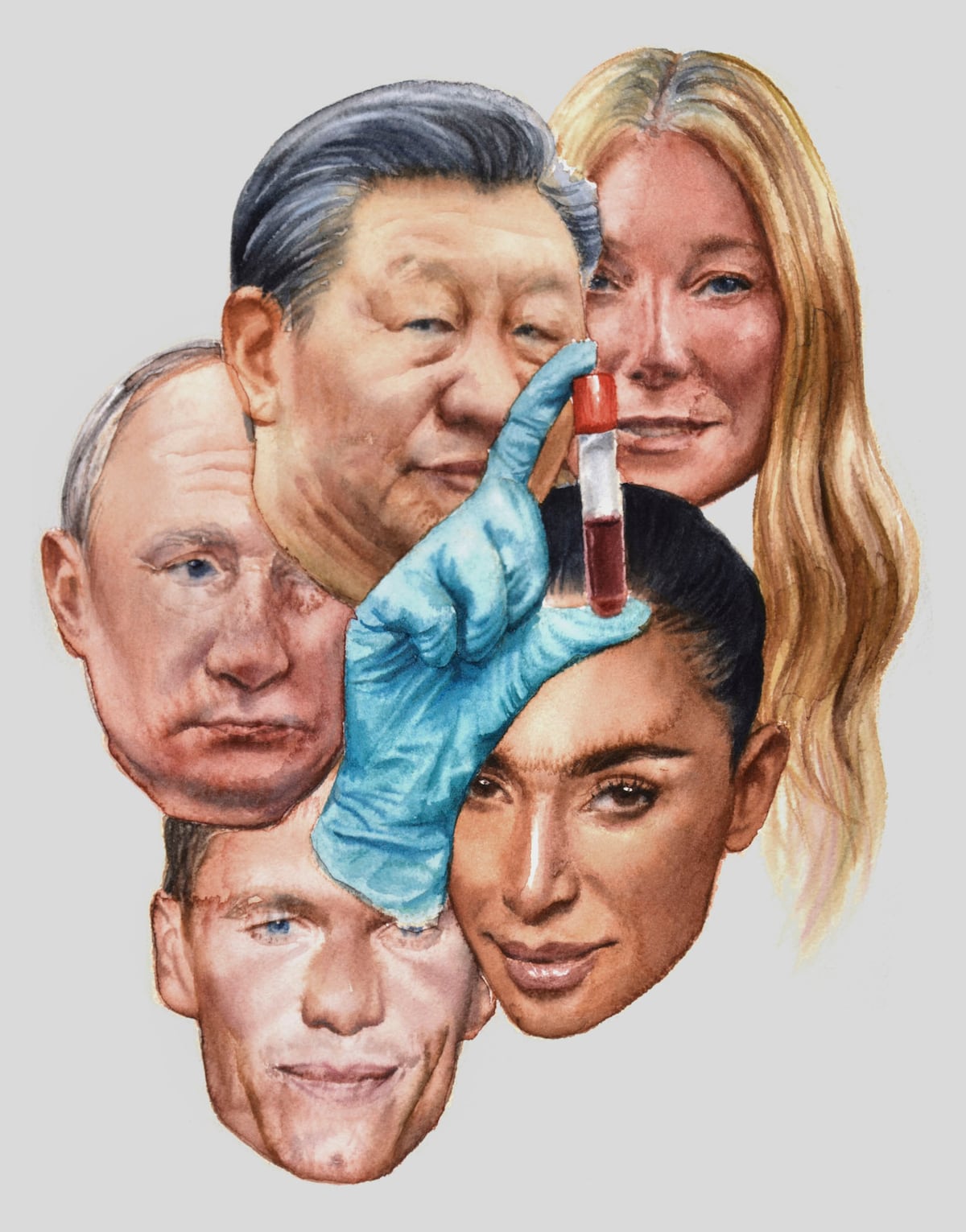
"Let's get this out of the way: being old is certainly not a status symbol. We live in a society where the value of everything plummets after the age of 50, but where, paradoxically, the struggle to extend the limits of life by trying to reverse biological aging has become the latest religion. It's called longevity. His followers have everything they need to nurture a new creed: a divine word, longevity the English term is colonizing digital marketing everywhere;"
"Their messiah, who could be Johnson himself, but also the Harvard University geneticist David Sinclair or even the technocapitalist Peter Thiel. Any one of them is followed by their apostles, an elite willing to sacrifice themselves and be guinea pigs for all the new procedures. A bible or a theoretical framework is also required for this new religion: in 2024, nearly 6,000 longevity papers were published in PubMed, five times more than two decades ago."
"And finally, a god is also needed, in this case a technology that spits out metrics and analytics on almost everything without almost nobody questioning its veracity. Longevity devotees fearfully submit to a full-body MRI scan, just as early Christians knelt before the cross. The difference is that the new faith is considerably more expensive. The desire for eternal life is as old as humanity,"
Society devalues older age while a techno-capitalist longevity movement treats lifespan extension as a quasi-religious project. The movement advances aspirational targets of 120–150 years and doctrines such as the Don't Die philosophy founded by biohacker Bryan Johnson. High-profile proponents include David Sinclair and Peter Thiel. Research output has surged, with nearly 6,000 longevity papers in PubMed in 2024. Technology delivers metrics and analytics that devotees accept unquestioningly, including costly full-body MRI scans. Access to early diagnoses, experimental interventions, and privilege reframes aging as a competitive race to halt, reverse, or delay biological decline.
Read at english.elpais.com
Unable to calculate read time
Collection
[
|
...
]